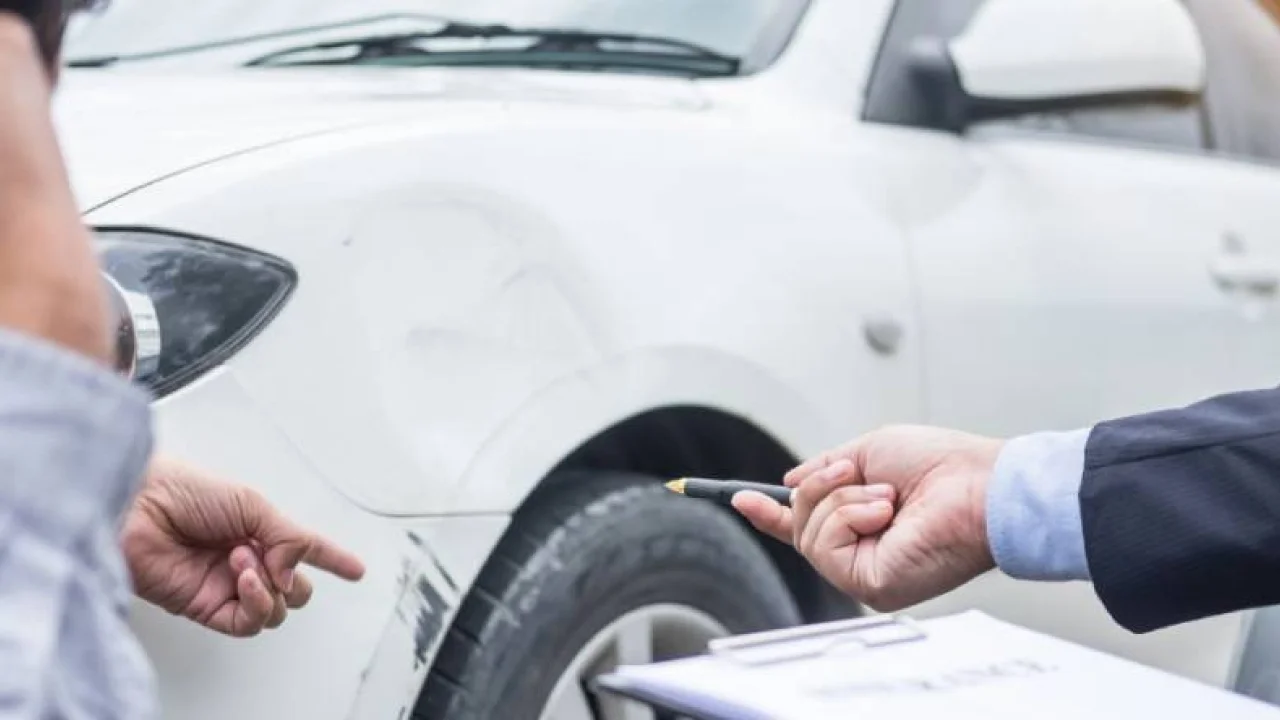How to Handle an Accident in a Rental Car?
Last updated : August 11, 2021


Dubai is a city with excellent infrastructural facilities. Car hire is one way to move around the city if you do not wish to use public transport.
But there are times when you might get into an accident while driving a rental car. These can be minor or major accidents. Whatever the case may be, there are certain things that you are supposed to do as per law once you get into an accident.
Stop the car
Once you get into an accident, the first thing is to stop the car and park it towards the side of the road. This prevents any obstruction to the traffic flow. Next, you can turn the hazard light on and get out of the car. Finally, if the other car drives off without stopping, you can note down the vehicle's license plate number and report it to the police.
If you cannot move the car towards the side, take the red triangle and place it about 5 feet behind the vehicle to indicate an accident spot.
Check for passenger's safety.
You should ensure that all passengers in both cars are safe. If anyone is injured and needs medical attention, you should call the police at 999 without delay. The police will reach the spot immediately and take the necessary action.
Report the accident
In minor accidents that do not result in severe damage, you should report the same through the Dubai Police App. You should provide details of the car as well as a picture of the damaged area. If by any chance you cannot report the accident online, you can do so at any of the police stations or authorized Enoc petrol stations. Based on the details submitted, the police will issue a report.
Inform the rental company
Once you receive the police report, you should inform the rental car company about the accident. They will make arrangements to tow the car from the accident spot in case of a major accident. For minor accidents, you can drive away after police verification.
In either case, you should hand over a copy of the police report to the company to assess the extent of the damage.
Pay the rental company.
If the accident is not caused by your fault and the same is mentioned in the police report, you need not pay anything to the rental company. Otherwise, you should pay for the damage, which depends on the insurance coverage and the terms and conditions of the rental company.
Most car rental companies provide the option to include Collision Damage Waiver in the amount you pay. This provides additional insurance coverage in case of an accident.
In case of minor damage, the rental company will assess the damage, and accordingly, you should pay them.
What Are the Things You Should Know About Car Accidents in Dubai?
-
Whether it is a major or minor accident, you should not flee from an accident spot. Driving away from an accident spot is an offense and can attract a penalty of AED 500 with six black points. If you flee the scene after causing a major accident, the court will decide the punishment.
-
Hitting an object other than a car also amounts to an accident. You should call 999 and obtain a police report. Only with the police report you will be able to repair the damage.
Conclusion
Accidents are a part of driving. Whether you are driving your own car or a rented one, you should have a clear idea about what needs to be done on the spot. Also, it would be best if you co-operated with the police while they prepare the report and do not argue with them. This ensures that you do not get into legal problems in the long run. You may also refer to our article on how to dispute a traffic fine in Dubai.
Car Rental and Chauffeur Service Portal
UAEdriving is a car rental and chauffeur service portal offering services in UAE, since 2018.

© 2018-2025 UAEdriving.com by Unisys Technologies LLC. All Rights Reserved.
